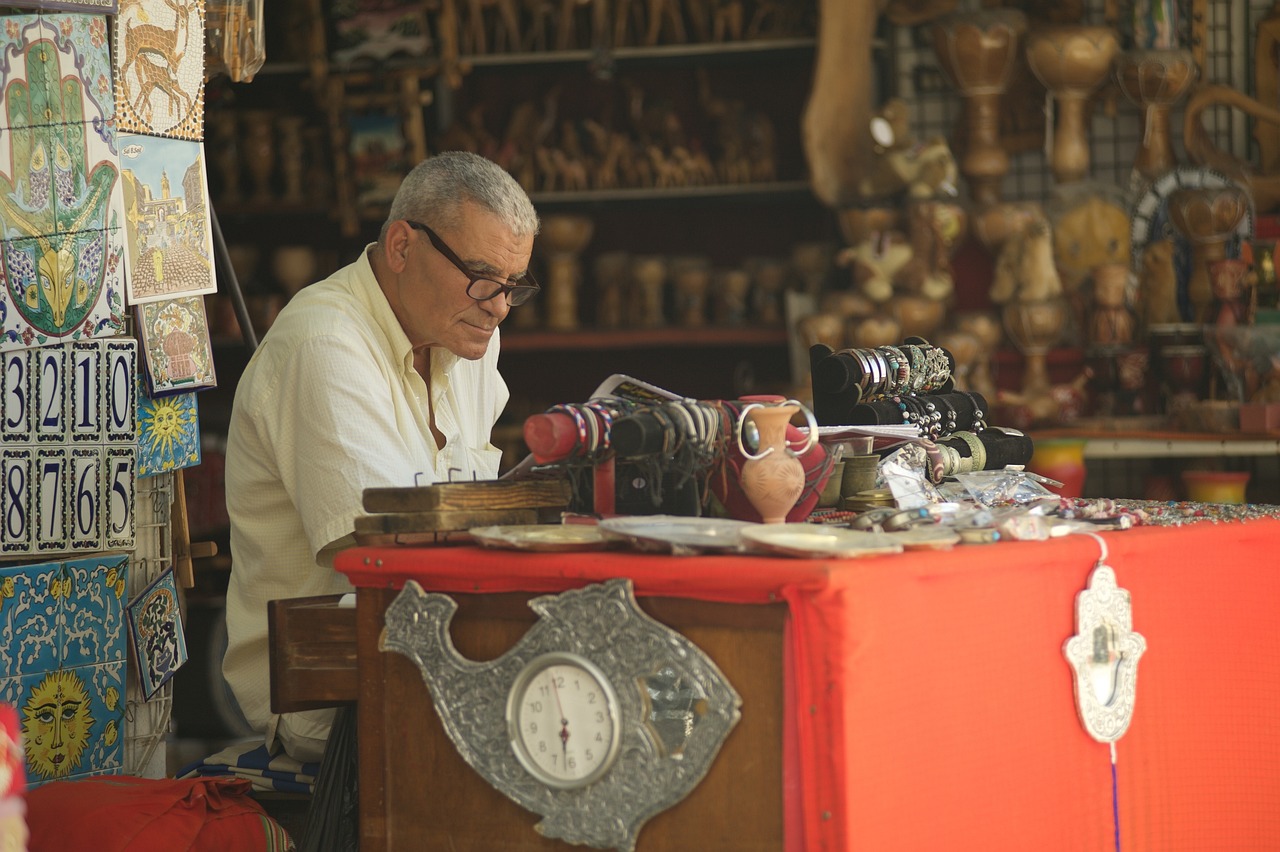Cultural Etiquette: Doing Business in Tunisia
Doing business in Tunisia requires a good understanding of the country’s cultural etiquette. Tunisia, located in North Africa, has a unique blend of Arab, Berber, and European influences. To ensure successful business interactions, it is essential to be aware of the cultural norms and practices. This article will guide you through the key aspects of doing business in Tunisia.
Greetings and Communication
- Greetings: Tunisians value formal greetings. The typical greeting is a handshake, accompanied by direct eye contact and a warm smile. It is customary to greet the most senior person first.
- Language: Arabic is the official language of Tunisia, but French is widely spoken in business settings. It is advisable to have business cards printed in both French and Arabic.
- Personal Space: Tunisians appreciate personal space and tend to stand at an arm’s length during conversations. Touching or excessive physical contact should be avoided.
- Communication Style: Tunisians value indirect communication and often use non-verbal cues. It is crucial to pay attention to body language, tone of voice, and facial expressions to understand the underlying message.
Business Meetings and Negotiations
- Appointments: It is essential to schedule appointments in advance and confirm them a few days before the meeting. Punctuality is appreciated, but it is common for Tunisians to be slightly late.
- Formality: Business attire is formal in Tunisia. Men should wear suits, while women should opt for conservative and modest clothing.
- Building Relationships: Tunisians value personal relationships and trust. Building rapport through small talk and getting to know your business counterparts on a personal level is crucial for successful business dealings.
- Negotiations: Negotiations in Tunisia are often slow-paced and require patience. It is important to maintain a respectful and calm demeanor throughout the process.
Business Etiquette
- Business Cards: Exchanging business cards is a common practice in Tunisia. Present your card with your right hand and receive the other person’s card with your right hand as well.
- Gift Giving: While not mandatory, gift giving is appreciated in Tunisian business culture. It is advisable to offer gifts that reflect your home country or company. Gifts should be presented with both hands.
- Business Meals: Inviting business partners for a meal is a common practice in Tunisia. Tunisians appreciate good food and hospitality. It is customary to let the host initiate the discussion of business matters.
- Religion and Customs: Tunisia is a predominantly Muslim country, and Islamic customs should be respected. Avoid scheduling meetings during prayer times and be mindful of Ramadan, where people fast during daylight hours.
Business Laws and Regulations
- Legal Framework: Familiarize yourself with Tunisia’s legal framework and business regulations. Seek legal advice when establishing or expanding a business in Tunisia.
- Contracts and Agreements: Ensure that all business agreements are documented in writing, with clear terms and conditions. Contracts should be drafted in both French and Arabic.
- Intellectual Property: Protect your intellectual property rights in Tunisia by registering trademarks, copyrights, and patents with the appropriate authorities.
- Corruption: Tunisia has made efforts to combat corruption, but it is still important to be vigilant. Avoid engaging in bribery or any unethical practices.
Business Etiquette in Different Regions
- Tunis: Tunis, the capital city of Tunisia, is the main business hub. Business practices in Tunis are generally more formal and follow international standards.
- Sfax: Sfax, the second-largest city, has a strong industrial and commercial presence. Business interactions in Sfax are typically more conservative and traditional.
- Sousse: Sousse is a popular tourist destination with a growing business sector. Business etiquette in Sousse is influenced by both traditional and modern practices.
- Djerba: Djerba, an island known for its tourism industry, has a more relaxed business environment. However, it is important to maintain professionalism and respect local customs.
Conclusion
Doing business in Tunisia requires a deep understanding of the country’s cultural etiquette. By respecting local customs, building relationships, and adhering to legal regulations, you can navigate the business landscape successfully. Remember to be patient, flexible, and open-minded when conducting business in Tunisia.
Tunisia Image 1:

References
- Tunisian Chamber of Commerce and Industry: tunisieindustrie.nat.tn
- Tunisian Ministry of Tourism: tourismtunisia.com
- Tunisian Investment Authority: investintunisia.tn
- World Bank: worldbank.org/tunisia

